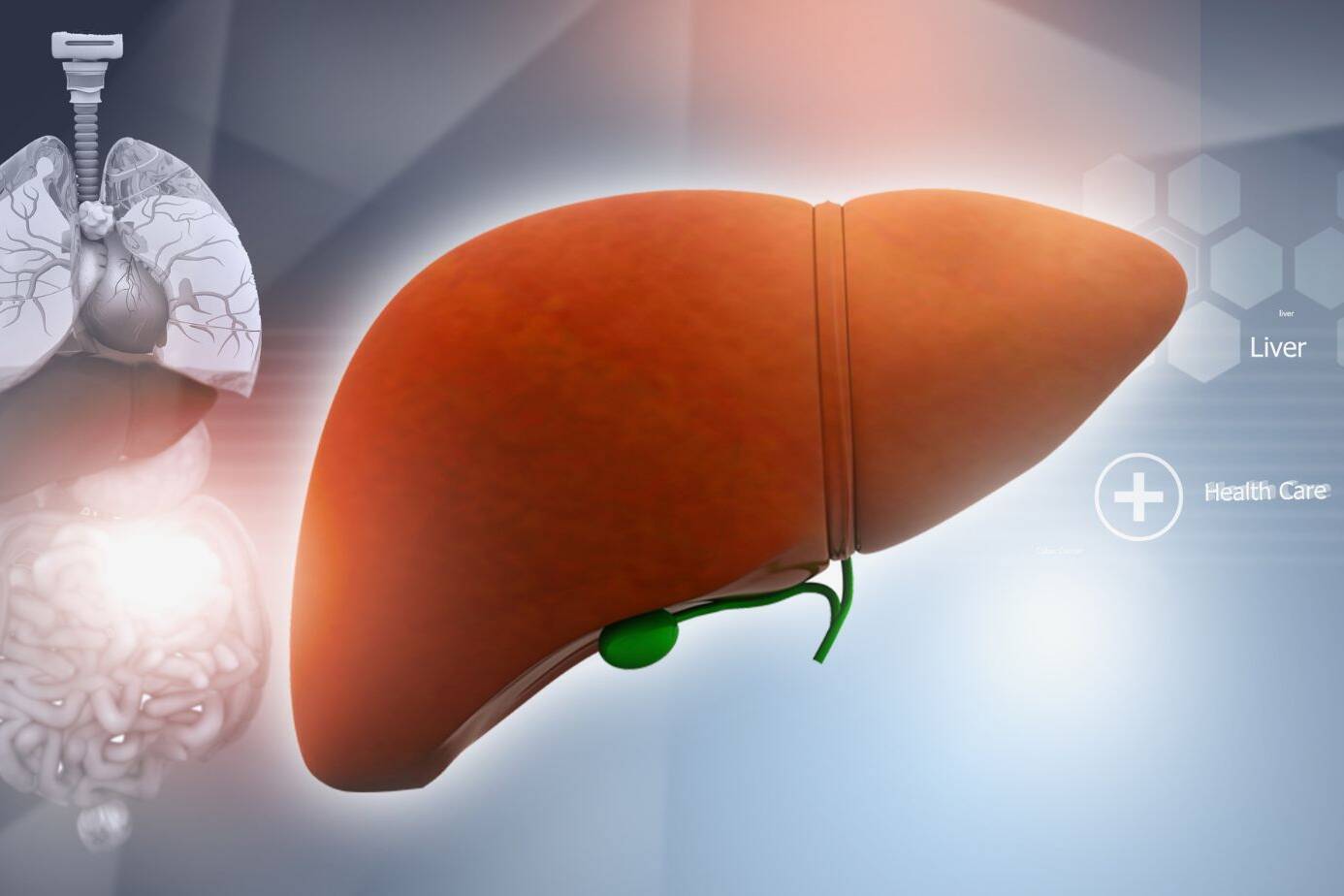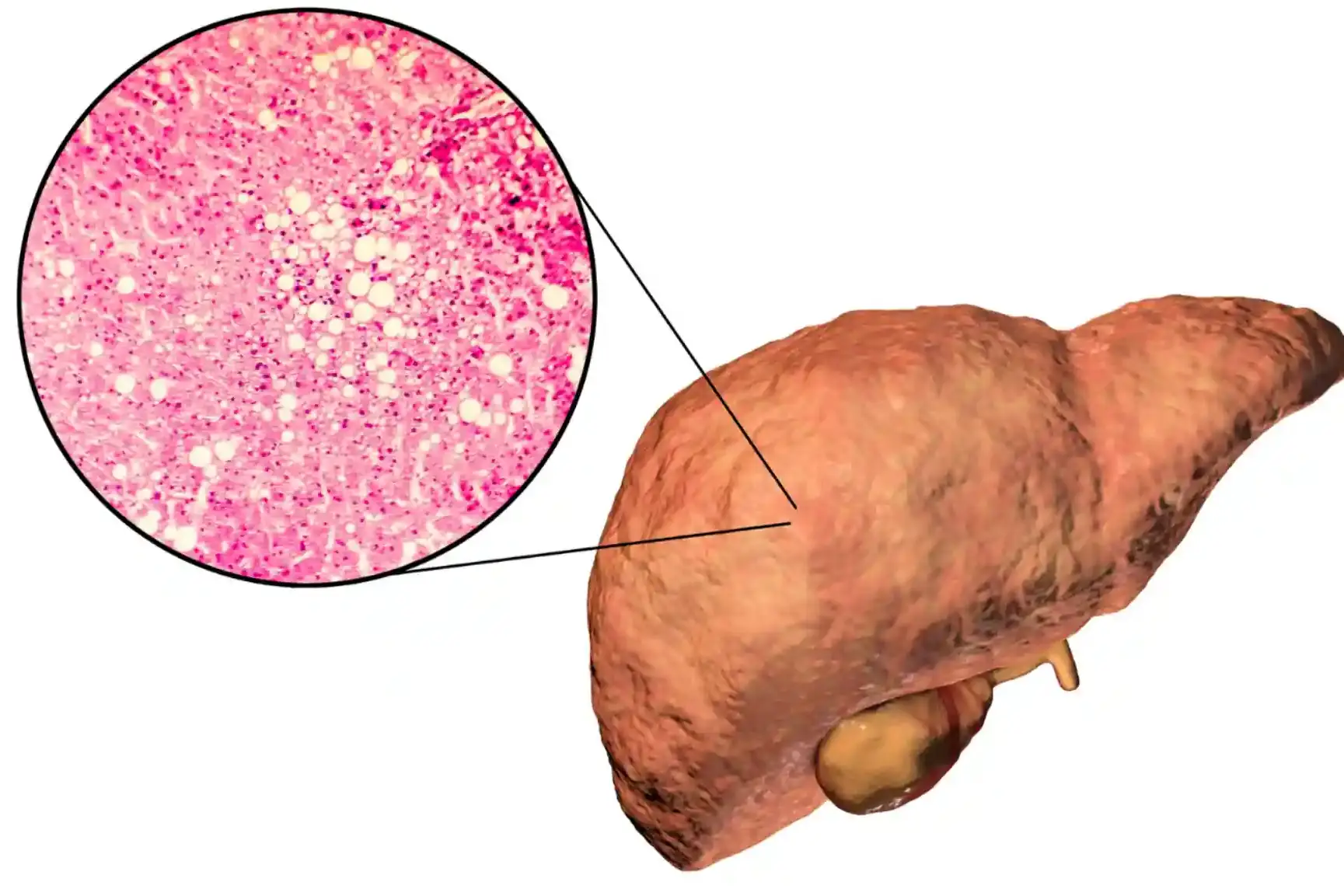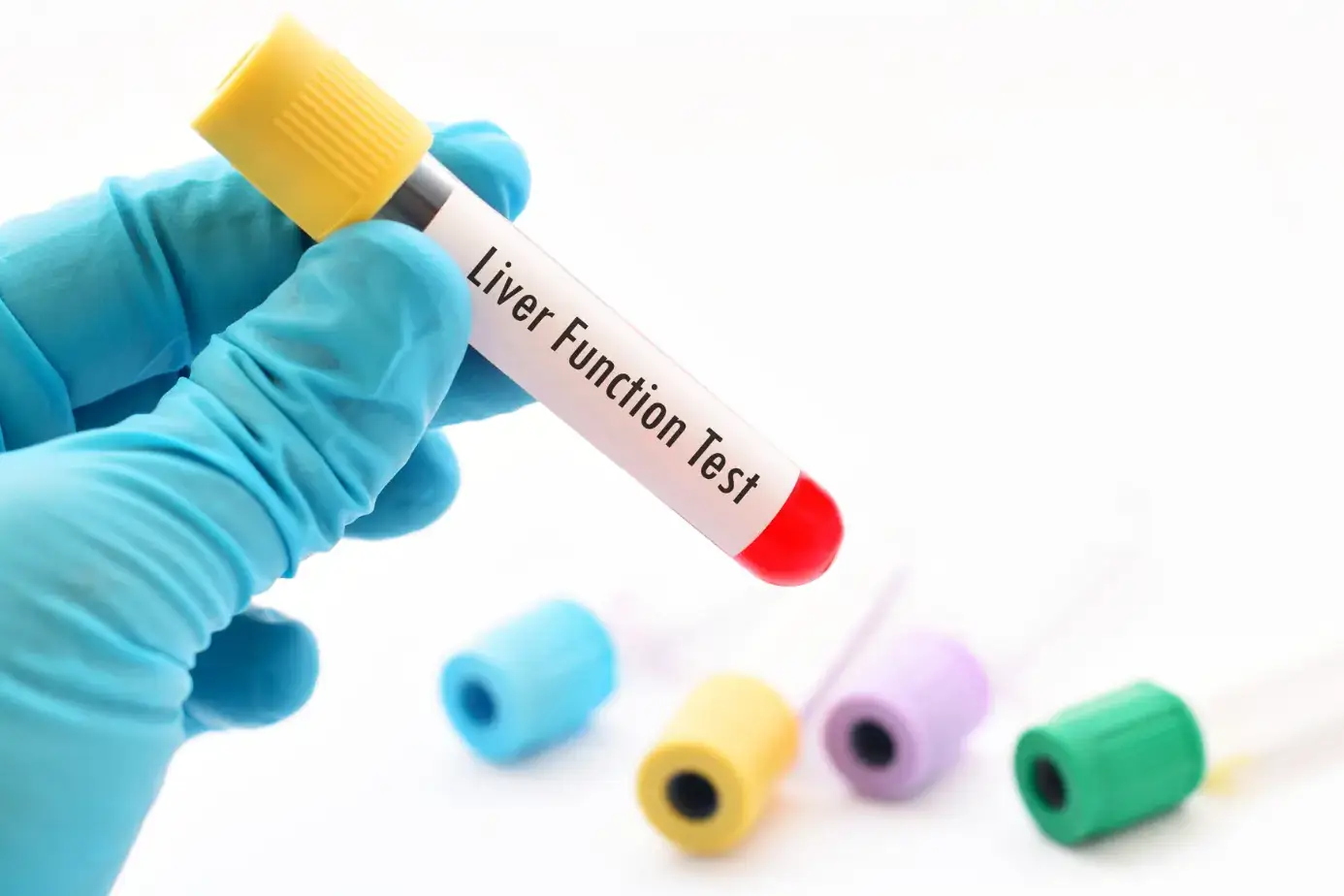Gut health is central to overall well-being. From digestion and immunity to mood and metabolism, the gut plays a vital role in how we function daily. Yet, many patients suffer silently with digestive issues, unaware that their symptoms may stem from deeper imbalances in the gut microbiome. This case study on gut health offers a close look at how an integrative, lifestyle-centered approach can restore balance and health naturally.
Table of Contents
ToggleAs a gastroenterologist, I’ve witnessed many patients experience dramatic improvement once the root cause of their gut issues is addressed. Let’s explore the case of Siona, a working professional whose persistent symptoms were resolved through dietary and lifestyle changes.
Understanding Gut Health
Before diving into the patient story, it’s important to understand what gut health really means. The gut is home to trillions of microbes that support digestion, regulate hormones, modulate immunity, and even impact brain health. When this delicate ecosystem becomes imbalanced known as dysbiosis various symptoms can appear, often extending beyond the digestive system.
Poor gut health has been linked to fatigue, anxiety, skin issues, nutrient deficiencies, and weight gain. Conversely, a balanced gut microbiome promotes resilience, energy, and mental clarity. In this case study on gut health , we see how restoring microbial balance played a key role in healing.
If you’re interested in exploring more about gut-related concerns, you can also visit our digestive health section for additional resources.
Presenting Complaints: Siona’s Story
Siona, a 32-year-old HR consultant, came to my clinic with a list of concerns that had been worsening over the past year:
- Sleep disturbances
- Anxiety and low mood
- Gas and bloating after meals
- Intermittent constipation
- Unexplained weight gain
- General fatigue and poor concentration
Despite multiple attempts at over-the-counter remedies and dietary tweaks, she saw little improvement. She reported high levels of stress at work, skipped meals often, and consumed large amounts of caffeine to stay energized throughout the day.
Holistic Assessment

Given the broad nature of her symptoms, a functional and integrative approach was necessary. We began by reviewing her lifestyle, dietary habits, emotional well-being, and conducting basic diagnostic investigations.
Lifestyle & Stress Evaluation

Siona described her work environment as high-pressure and emotionally exhausting. With minimal time for self-care and no structured routine, chronic stress was likely contributing to her gut dysfunction.
Dietary Analysis
Her food intake revealed high consumption of processed meals, sugary snacks, and caffeinated beverages. Fiber, fermented foods, and hydration were lacking. This pattern provided little support for healthy digestion or gut flora.
Physical Examination & Testing
Physical examination revealed mild abdominal tenderness. Lab investigations included:
- CBC and metabolic panel
- Vitamin B12, Folate, and Vitamin D levels
- Iron studies
- Stool test for microbiome diversity and inflammation markers
Her stool analysis showed low diversity in beneficial bacteria and elevated inflammatory markers, confirming gut dysbiosis.
Diagnosis: Functional GI Disorder and Microbiome Imbalance
Based on the holistic evaluation, Siona was diagnosed with a functional gastrointestinal disorder compounded by gut dysbiosis . Her symptoms were closely tied to dietary deficiencies, microbial imbalance, and sustained emotional stress.
This case study on gut health exemplifies how chronic stress and poor nutrition can impair gut function and impact overall health.
A Personalized Treatment Plan
Our goal was to reduce inflammation, restore microbial balance, and support emotional regulation. A personalized care plan was structured around five key pillars:
1. Gut-Healing Nutrition

Siona was guided to adopt a nutrient-dense, anti-inflammatory diet:
- Increase fiber intake from fruits, vegetables, and whole grains
- Introduce fermented foods such as yogurt and homemade pickles
- Eliminate processed foods, refined sugars, and excess caffeine
- Drink at least 2.5 liters of water daily
We provided recipes and a food journal to help track symptoms and food response. Patients can explore gut-friendly dietary guidance in our nutrition for gut health section .
2. Targeted Supplements

We introduced evidence-based supplements:
- Multi-strain probiotics to rebuild gut flora
- Digestive enzymes to improve nutrient absorption
- Vitamin D and B12 to correct deficiencies
- L-glutamine for gut lining repair
These supplements were chosen based on lab findings and adjusted as needed during follow-up.
3. Stress Management Techniques

Stress was a significant trigger, so Siona was introduced to simple, daily stress relief practices:
- 10–15 minutes of breathing exercises and guided meditation
- Yoga classes twice a week
- Digital detox one hour before bedtime
Support for work-life balance was also discussed. Setting boundaries at work and taking mindful breaks during the day helped her recharge mentally.
4. Movement and Exercise

Siona was encouraged to include 30 minutes of physical activity at least five days a week:
- Brisk walking
- Home-based yoga routines
- Light strength training
Physical movement supported her digestion, improved mood, and aided better sleep.
5. Sleep Optimization

Poor sleep quality was contributing to stress and sluggish digestion. Recommendations included:
- Regular 8 hour sleep schedule (10 PM–6 AM)
- No screen time at least 1 hour before bed
- Evening herbal teas (like chamomile)
- Comfortable bedroom setup for improved rest
Follow-Up: Remarkable Results After 6 Weeks
Siona returned for review after six weeks. The results were impressive:
- Bloating and constipation improved by over 70%
- Sleep was deeper and more consistent
- Mood was more stable and anxiety reduced
- She had lost 3 kg without dieting
- Lab markers showed restored vitamin levels and better microbiome balance
She reported improved energy, confidence, and productivity at work.
This case study on gut health demonstrates that healing is possible when the entire individual is supported — not just their symptoms.
Key Insights from the Case Study on Gut Health
This case highlights important lessons for those seeking relief from persistent digestive issues:
Gut Health Is Holistic
The gut is influenced by what we eat, how we live, and what we feel. Healing requires an integrated view of nutrition, stress, and daily habits.
Personalized Care Makes a Difference
Every gut microbiome is unique. Testing, lifestyle review, and patient history help craft a treatment plan that is specific and sustainable.
Stress is a Major Gut Disruptor
Chronic stress alters gut motility, lowers digestive enzyme output, and disrupts the microbiome. Managing emotional health is essential to any gut healing journey.
Diet is More Powerful Than Medication Alone
Medications can relieve symptoms, but true healing often comes from improving the terrain — with nourishing food, prebiotics, and probiotics.
Conclusion
A well-balanced gut is more than just the absence of bloating or indigestion. It’s a foundation for emotional stability, strong immunity, and vibrant energy. This case study on gut health reveals that lasting recovery requires a commitment to self-awareness, gentle lifestyle shifts, and evidence-based care.
If you’re experiencing ongoing digestive discomfort, anxiety, or fatigue, it’s worth exploring whether your gut could be the underlying factor.
About The Author

Medically reviewed by Dr. Nivedita Pandey, MD, DM (Gastroenterology)
Dr. Nivedita Pandey is a U.S.-trained gastroenterologist and hepatologist with extensive experience in diagnosing and treating liver diseases and gastrointestinal disorders. She specializes in liver enzyme abnormalities, fatty liver disease, hepatitis, cirrhosis, and digestive health.
All content is reviewed for medical accuracy and aligned with current clinical guidelines.





